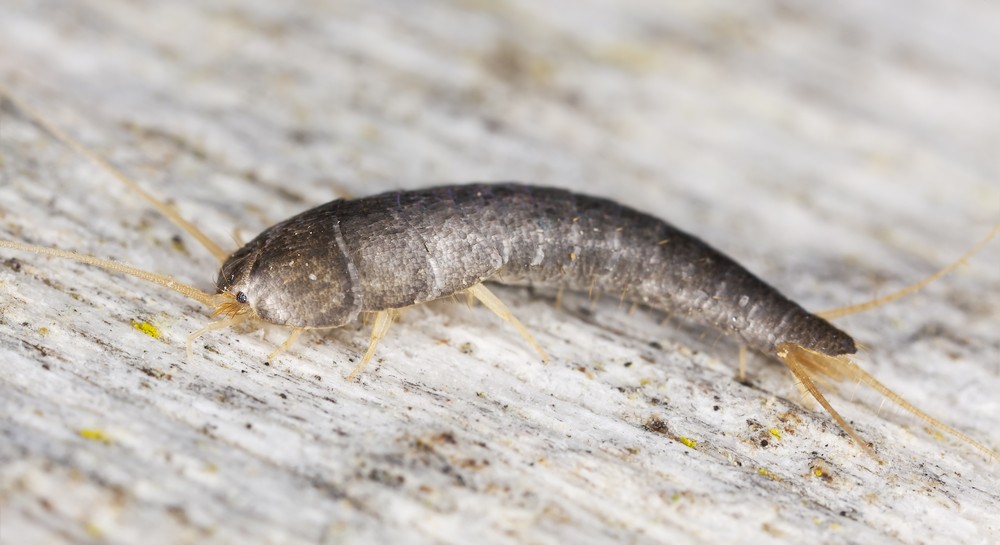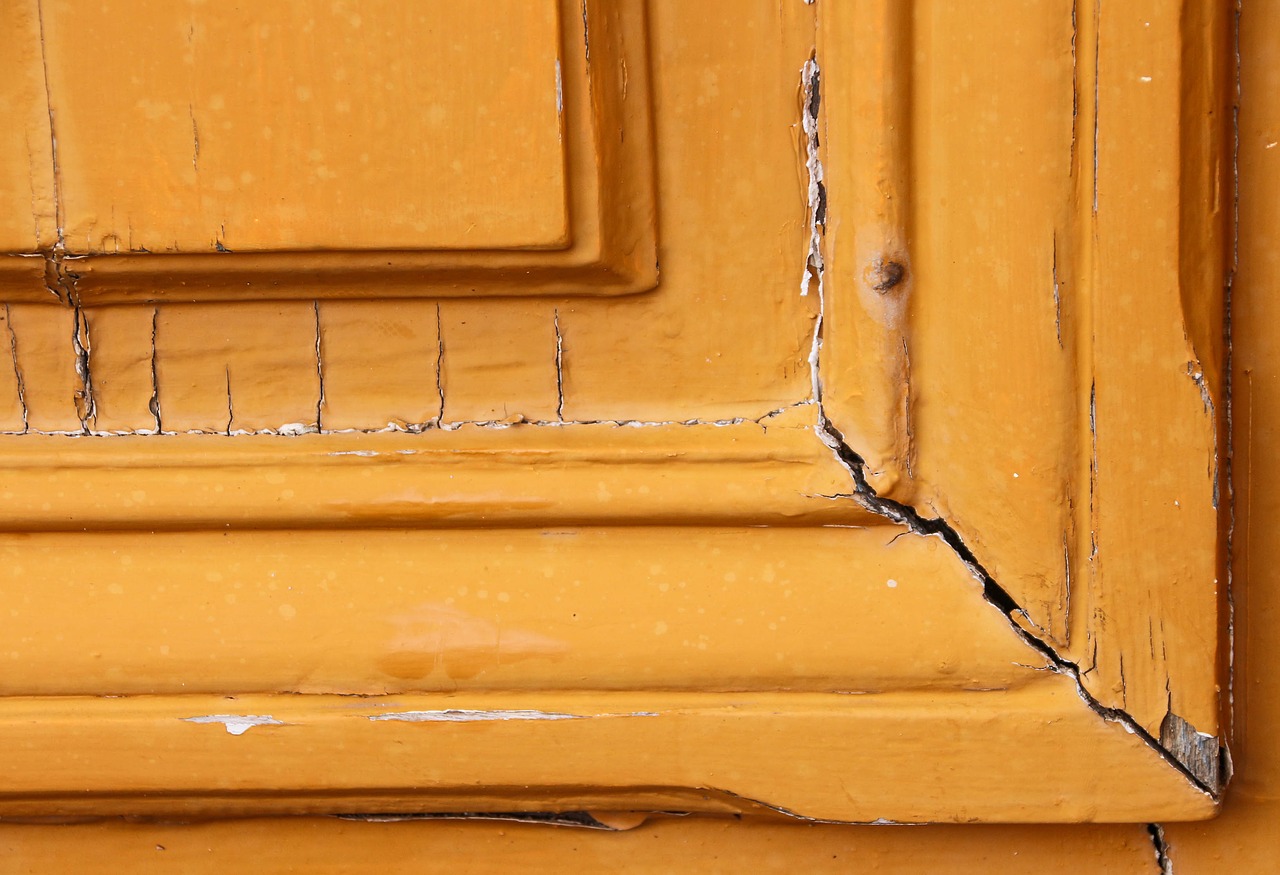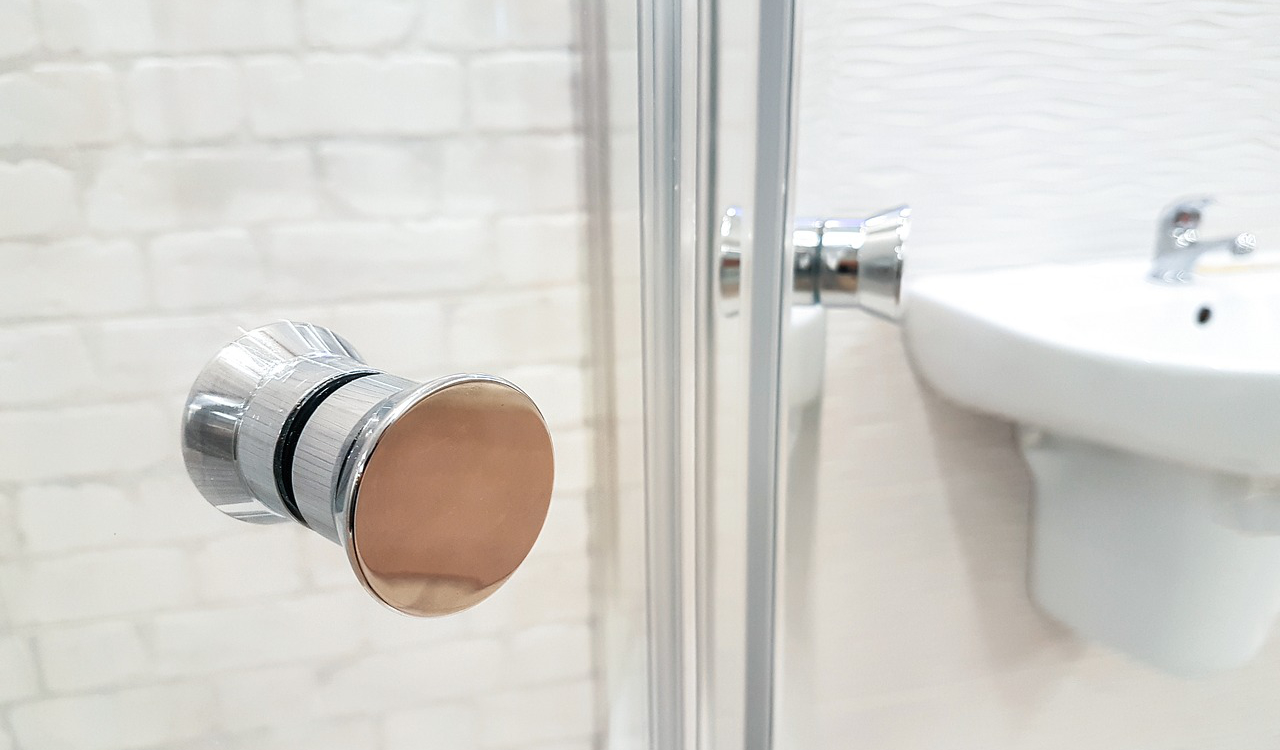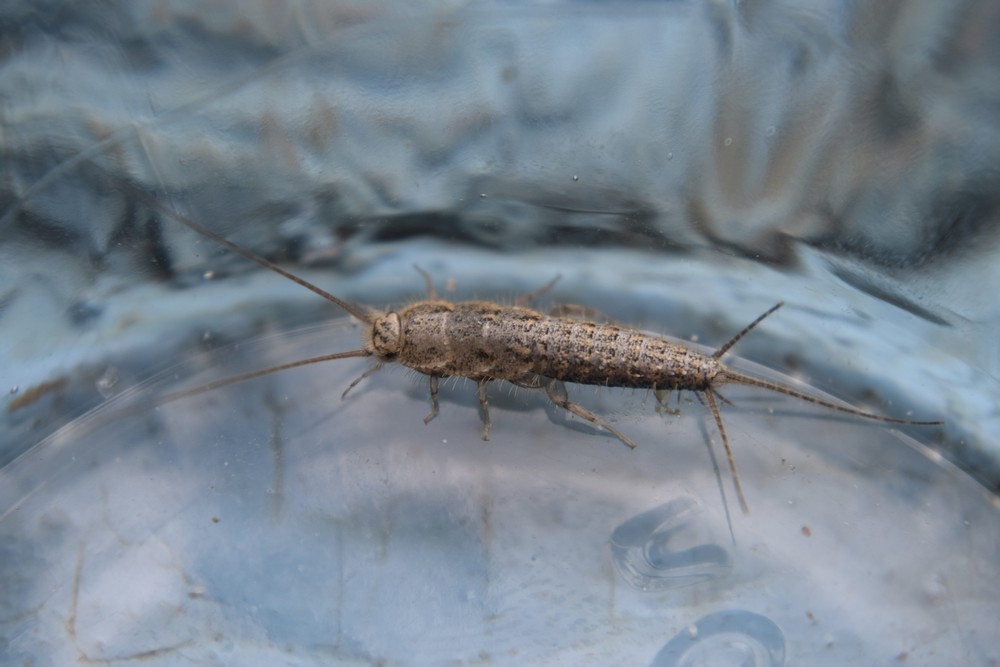How to prevent and get rid of silverfish
Silverfish are seldom more than nuisances although they may, on occasion, reach unacceptable numbers. They are capable of damage by chewing papers and manuscripts (where they often feed on protein-rich gums and binding pastes) and fine textiles and leather. They may also invade packets of dried foods that have been stored in damp cupboards.
How to get rid of silverfish
- Remove their food source: you don’t want to be sharing food with pests, so seal your dried goods in airtight containers. If silverfish won’t be able to access their favored meal, it’s likely they will go elsewhere.
- Get a dehumidifier: silverfish love humid environments, if you have any leaks or damp areas in your home it is time fix them and set up a dehumidifier – this will be able to reduce and remove the moisture that’s sitting the air.
- Vacuum: be thorough when vacuuming your home, use all attachments to get into all crevices, especially around the skirting board. Vacuum all areas, including window and door sills because you want to be sure to suck up their eggs before they hatch!
- Most domestic Silverfish nuisances can be dealt with by spraying a crawling insect insecticide aerosol based on residual synthetic pyrethroids, organophosphorus or carbamate insecticides in the areas where the insects are sighted. A particular effort should be made to treat any cracks and crevices where silverfish may rest during the day, any refuges that can be sealed off will help control efforts.
How to prevent silverfish
To ensure those pesky silverfish don’t return, it’s important to know why they were attracted to your property in the first place. To remove and prevent silverfish, use your dehumidifier to take moisture out of the air. Store your food properly in containers, remove clutter and use caulk to fill any cracks or holes in your walls. Silverfish don’t like high temperatures, so keep your house warm – this will prevent damp and keep pests out.
Silverfish: Frequently Asked Questions
Can silverfish live in my carpet?
Silverfish enjoy carbohydrates, particularly starch and dextrin which can be found in books, clothing and dead skin. That said, silverfish aren’t picky, they will move on to synthetic fibres found in carpets and rugs when their preferred delicacy runs low. The answer is, yes silverfish can feed and live off your carpet but they will not always be found here because they require moisture, which is why you will normally find them around leaking taps, sinks, toilets and baths.
Can silverfish fly?
No, silverfish can’t fly, they don’t have wings.
How do silverfish get into the home?
They will access your home through gaps and cracks in your foundations, windows and doors. Sometimes it might be the case that they have laid a nest in some cardboard or a book that you have brought into the home.
Why are silverfish in my house?
If your house is quite cluttered, dark or damp – these could the reasons why you have silverfish.
Can silverfish survive in water?
Silverfish aren’t aquatic, they are just attracted to moisture.
Why are silverfish in my bed?
If food is scarce where silverfish reside they will revert to eating cotton, linen and silk.
Why are silverfish in my bathroom?
Silverfish love high humidity which is why silverfish will be lurking in your bathroom.
Why are silverfish in my bedroom?
If silverfish are unable to feast on their favourite foods, they will turn to your clothes and bedding.
Where do silverfish come from?
Silverfish usually live outside and live under rocks, logs and leaves – any dark place that retains the moisture well.
Where do silverfish lay their eggs?
Outside, silverfish would lay their eggs hidden away in small crevices in foodstuffs or adjacent structures.
Will silverfish eat wood?
Silverfish are generally seen as pests that will eat anything but, in this case, silverfish will not eat wood. Although they are partial to wallpaper glue.
Are silverfish dangerous?
Silverfish are not dangerous.
Are silverfish harmless?
Depending on what you call harmless, silverfish will not hurt you but they can chew through your papers, manuscripts, textiles, and packets of dried food in damp kitchens.
Are silverfish a problem?
Silverfish can produce up to 100 eggs over a 2-month period.
Are silverfish harmful to dogs/cats?
Although not poisonous, it’s best to stop pets from eating pests.
Are silverfish poisonous?
No, silverfish aren’t poisonous.
Can silverfish bite or sting?
Silverfish don’t bite or sting, they only munch on their favourite foods such as your books or accessible food left in the pantry.
Pest Defence have a wealth of experience dealing with insect infestations and all pests, offering emergency pest control for both domestic and commercial customers. We understand how concerning it is for your health and your property which is why we always offer a comprehensive service that no only gets rid of all pests but prevents them from coming back. Get your quick and reliable service today when you get in touch with the experts at work. We work throughout a number of locations including: Basildon, Billericay, Braintree, Brentwood, Central London, Chelmsford, Colchester, Epping, Halstead, Harlow, Maldon, Outer London, Romford, Southend and Stansted.







